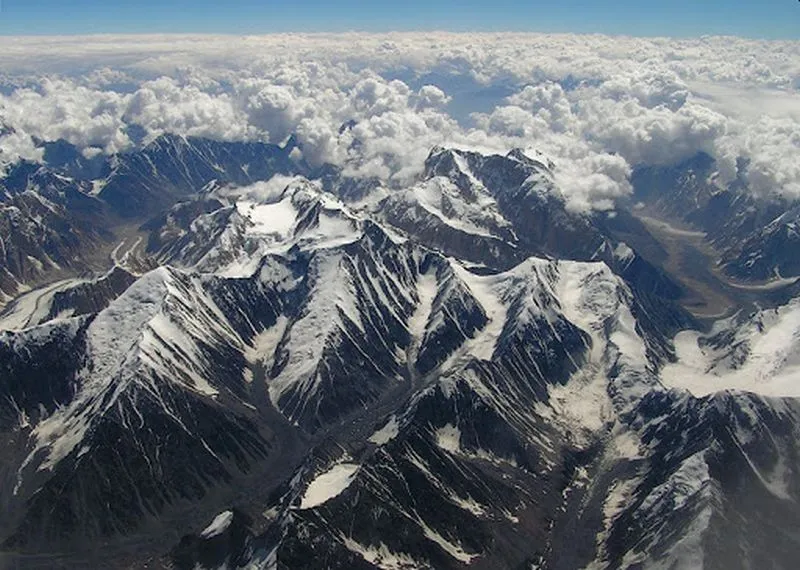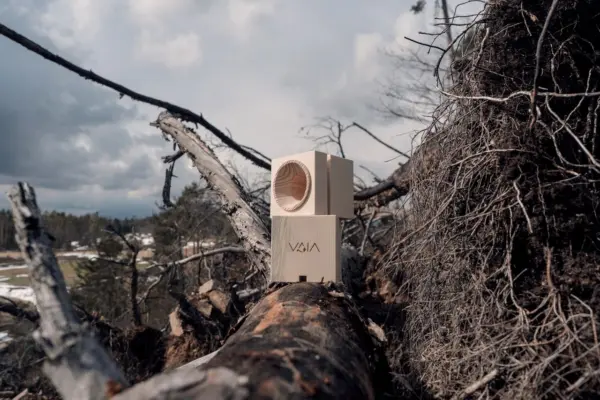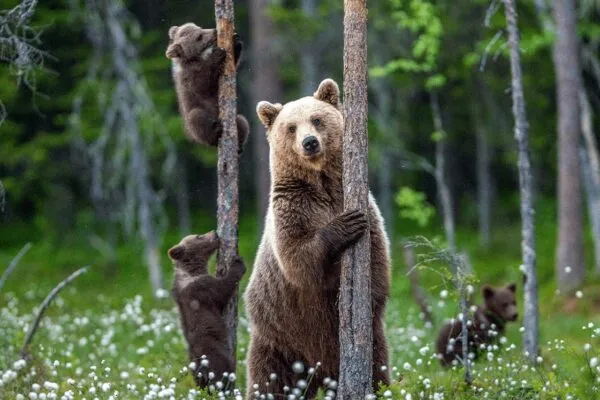Over 60% Hindu Kush Himalayan Region Glaciers Might Melt by 2100
Hindu Kush Himalayan region, an area that covers high mountain chains of central, south and inner Asia, is threatened by the rising temperatures, which pose a risk of losing over 60 percent of region’s glaciers by 2100.
The Hindu Kush Himalayan (HKH) region spans 3,500 km over a region of eight countries from Afghanistan in the west to Myanmar in the east. It’s the source of ten large Asian river systems – including Indus, Ganges, Brahmaputra, and Mekong – HKH provides water, ecosystem services, and the basis of livelihoods to a population of around 240 million people in the region.

Image: Mountain Project
A global climate report presented on September 25, prepared by the Intergovernmental Panel on Climate Change (IPCC), revealed that glacier retreat and snow cover change have already led to drop in local agricultural yields in high mountain regions, including Hindu Kush Himalayas.
The report was approved by members of over 190 countries. According to the report, the temperature of the region is likely to increase between 3.5 and 6 degree Celsius by 2100. According to the report, with a rise of 50 cm in sea level, 150 million people would face flooding in coastal cities across the world.
The rise in temperature would lead to floods in the region and rise in the sea level, which apparently poses a threat to 46 coastal cities, including Mumbai and Kolkata in India.
Depending on the climate change scenario, the report suggests that the severity of flood events is expected to more than double toward the end of this century. The impacts of the global warming on HKH would severely affect water resources for domestic use, agriculture and hydroelectricity.
Some island nations are likely to become uninhabitable due to climate-related ocean and cryosphere change, the report said, but habitability thresholds remain extremely difficult to assess.
The facts revealed by this report are highly troublesome. The global communities need to wake up and start taking strong actions against climate change rather than just making plans.
Via: Business Standard


